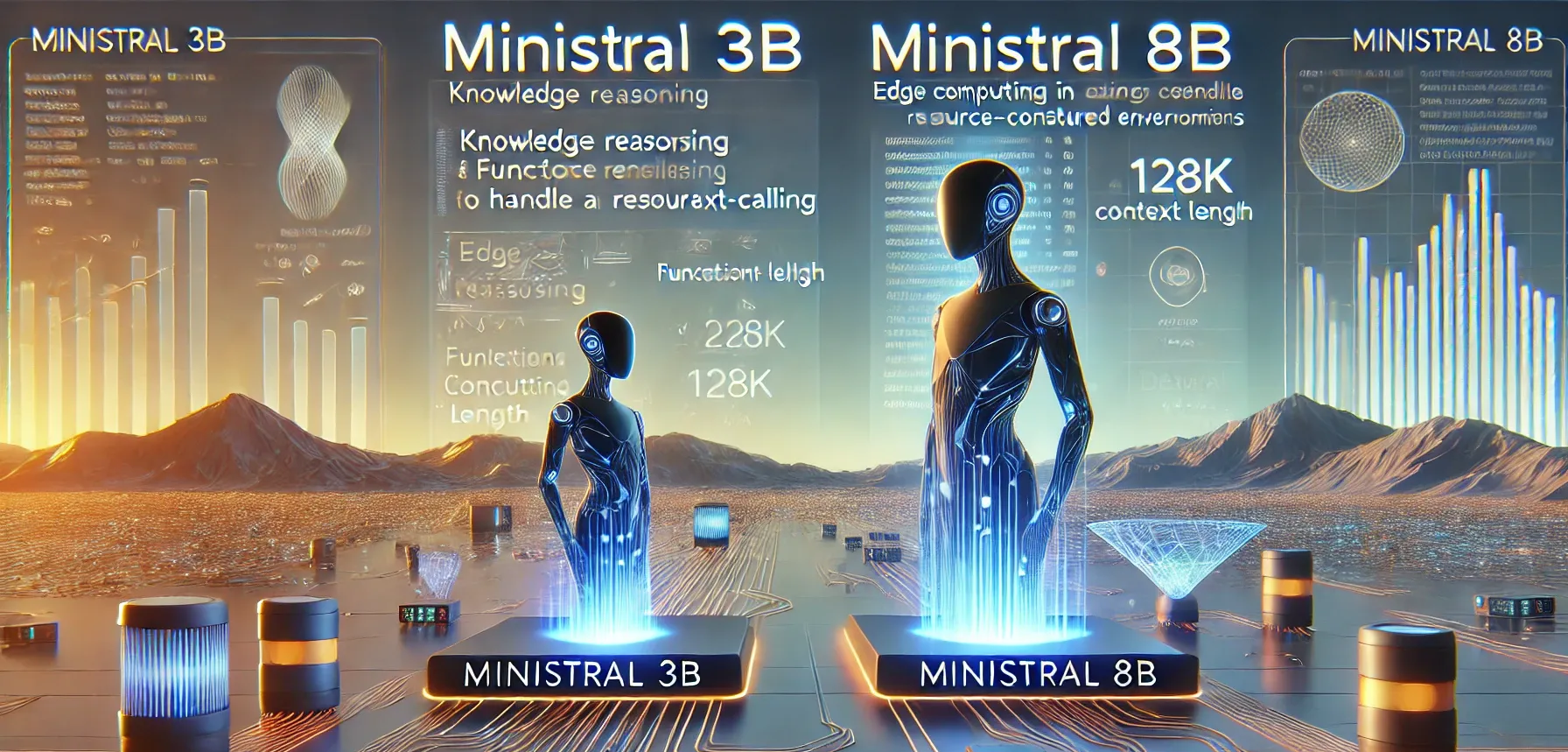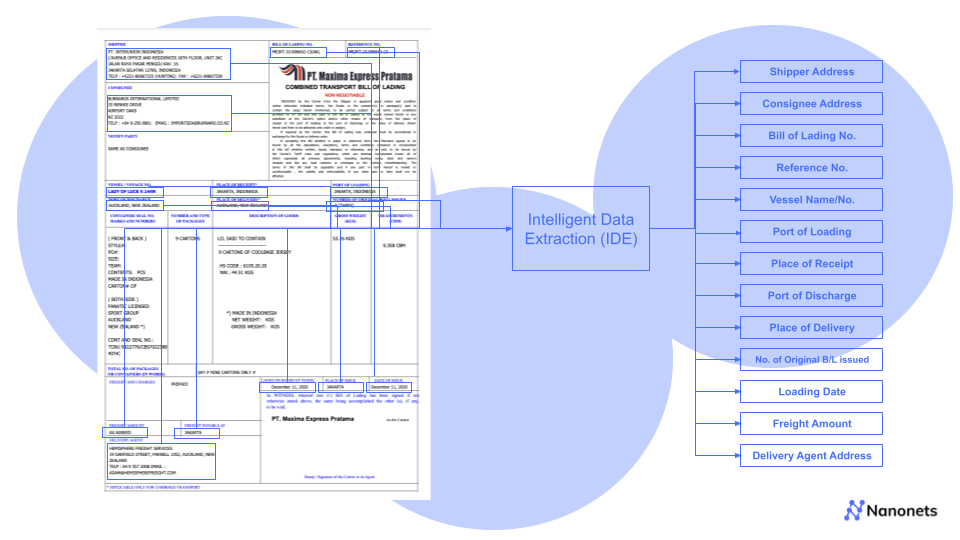
The digital era has brought about an immense shift in the way businesses operate, with automation becoming a key driver of efficiency and productivity. While traditional automation systems focused on streamlining repetitive tasks, intelligent process automation (IPA) takes it a step further by leveraging the power of artificial intelligence (AI) and machine learning (ML) to automate complex enterprise processes.
In this article, we will explore the definition of intelligent process automation, its importance in modern businesses, the key technologies involved, benefits, challenges, use cases, and the future of IPA.
What is intelligent process automation?
Intelligent process automation is the fusion of various cutting-edge technologies, including Artificial Intelligence (AI), Machine Learning (ML), Natural Language Processing (NLP), and Robotic Process Automation (RPA), to automate intricate business processes.
This next-generation suite of tools and process improvements eliminates the need for humans to perform repetitive tasks and assists knowledge workers by automating mundane tasks.
By doing so, it can significantly improve both employee and customer journeys by simplifying interactions and speeding up processes.
Intelligent process automation replicates human activities and can even improve them over time. With the aid of deep learning and cognitive technology, rule-based automation is augmented with decision-making capabilities. This allows for radical improvements in efficiency, worker performance, and reduction of operational risks.
Importance of intelligent process automation in modern businesses
IPA is an essential tool for modern businesses due to its ability to boost innovation, automate time-consuming tasks, and enhance efficiency while reducing costs.
By freeing up employees' time to focus on more cognitive tasks, IPA enables them to develop new, innovative ways of doing things, which is critical for remaining competitive.
Additionally, automating business functions can improve efficiency, productivity, and cut operational costs.
Intelligent process automation also improves customer satisfaction by offering 24/7 support, quick response times, and faster delivery for online orders. Compliance with data privacy regulations, such as GDPR, is also easier with IPA, as it ensures that personal data is handled and stored securely.
The key technologies of IPA
IPA involves the integration of various technologies to automate complex business processes.
Here is an overview of the key technologies and tools involved in IPA:
Robotic Process Automation (RPA)
RPA is a technology that enables the automation of repetitive, rules-based tasks. RPA bots can mimic human actions, such as opening applications, copying and pasting data, and moving files.
Artificial Intelligence (AI)
AI refers to the ability of machines to learn and perform tasks that would typically require human intelligence. AI can be used to automate more complex processes, such as decision-making and natural language understanding.
Machine Learning (ML)
ML is a subset of AI that enables machines to learn from data without being explicitly programmed. ML algorithms can identify patterns in data and make predictions based on that data.
Natural Language Processing (NLP)
NLP is a branch of AI that enables machines to understand and interpret human language. NLP can be used to automate processes such as customer service, where machines can respond to customer queries in natural language.
Benefits of intelligent process automation
According to McKinsey, organizations in various industries that have experimented with intelligent process automation have witnessed significant returns, including:
- up to 25-35% annual run-rate cost efficiencies by automating 50-70% of tasks
- and a 50-60% reduction in straight-through process time
Moreover, return on investments has been in the triple-digit percentages.
Some specific benefits of intelligent process automation include:
Improved efficiency and productivity
IPA can automate manual and repetitive tasks, freeing up employees to focus on higher-value work. This improves productivity and reduces the risk of errors, resulting in faster turnaround times and increased efficiency.
Reduced costs and errors
By automating processes, IPA can reduce the need for manual intervention, leading to fewer errors and lower costs associated with labor and operations.
Enhanced employee and customer experience
IPA can improve the overall employee and customer experience by enabling faster response times, personalized service, and improved accuracy.
Better decision-making and strategic planning
IPA can analyze vast amounts of data to provide insights that can be used for decision-making and strategic planning.
Increased agility and adaptability
With IPA, businesses can quickly adapt to changing market conditions and customer needs by automating processes and workflows. This allows organizations to be more agile and responsive to changes, resulting in improved competitiveness.IPA can easily scale up or down based on business needs, allowing organizations to adjust their operations quickly and efficiently.
Improved compliance and risk management
IPA can help organizations comply with regulatory requirements and manage risks by automating processes and ensuring that procedures are followed consistently.
Enhanced innovation and creativity
By automating routine tasks, IPA can free up employees to focus on more creative and innovative work, leading to new ideas and solutions.
Challenges in implementing IPA
The implementation of intelligent process automation solutions often requires significant changes to existing processes, which can be complex and time-consuming. This challenge can be compounded by the fact that IPA technology is rapidly evolving, which means that businesses need to keep up to date with the latest developments and best practices to ensure a successful implementation.
Another challenge is the need for skilled personnel and expertise. IPA requires specialized skills and expertise to implement and manage effectively. Finding and retaining qualified personnel can be a challenge, particularly in a market where there is high demand for experienced IPA professionals. Additionally, it may be necessary to provide ongoing training and development opportunities to ensure that employees have the skills and knowledge needed to work with IPA technology effectively.
To mitigate these challenges, businesses should take a strategic approach to IPA implementation, including identifying the right use cases, building a solid data foundation, and investing in the necessary talent and technology. By doing so, they can position themselves to reap the benefits of IPA and stay ahead of the curve in a rapidly evolving business landscape.
Use cases of intelligent process automation
Intelligent process automation is being used across various industries to automate processes and improve efficiency. Here are some examples:
Finance and Accounting
Intelligent process automation is increasingly being used to automate various financial processes such as invoice processing, account reconciliations, and financial reporting.
Combining RPA with fraud detection, financial institutions can gather transaction data from multiple sources, process it, and feed it into analysis systems for predictive analysis. Such systems allow for more accurate and timely detection of fraudulent activities, leading to improved risk management and prevention of financial losses.
The Bank of America uses IPA to automate their expense management process, which has resulted in cost savings and improved accuracy.
Human Resources
IPA can help HR departments automate tasks such as recruitment, onboarding, and payroll processing.
This frees up HR staff to focus on more strategic initiatives, such as employee development and engagement. It can also improve data accuracy and compliance, enhance employee experience, and reduce costs.
With AI technologies like natural language processing and machine learning, intelligent automation can also help identify patterns and insights from HR data, allowing organizations to make more informed policy and HR decisions.
Unilever, for example, uses IPA to automate their employee onboarding process, resulting in a faster and more efficient onboarding experience.
Customer Service
Intelligent process automation is transforming customer service experience by using technologies like natural language processing and machine learning to automate routine inquiries, leaving human agents free to handle more complex requests. It can also improve response times, increase accuracy, and reduce costs.
Through automated sentiment analysis, it can also identify customer moods and preferences, allowing for a more personalized experience. IPA can enable proactive customer service, by predicting and addressing issues before they arise. Several companies have incorporated chatbots into their retail strategies, including H&M, Sephora, Uniqlo, Adidas, Burberry, Levi's, Macy's, Nike, Nordstrom, and Zara.
Supply Chain and Logistics
Intelligent process automation can supply chain efficiency and productivity while reducing operational costs. Technologies such as RPA, AI, and IoT enable businesses to automate routine tasks such as order processing, shipment tracking, and inventory management.
AI-powered predictive analytics helps businesses identify potential issues and avoid costly disruptions, while IoT devices can monitor cargo conditions and track shipment locations in real-time. IPA can improve safety and compliance by reducing the risk of human error and ensuring that all regulations are met.
According to Retail Dive, Walmart invested in artificial intelligence and machine learning to improve its supply chain operations. This enabled the company to gain a more detailed and accurate view of its supply chain, monitor the progress of orders, identify potential delays or bottlenecks, and take corrective action to make more informed decisions about how to manage its operations.
Healthcare
Intelligent process automation can assist healthcare providers in a variety of ways, including streamlining administrative procedures, improving patient outcomes, and reducing costs.
Potential applications of intelligent automation in healthcare include patient monitoring, drug discovery, appointment scheduling, medical billing and claims processing, clinical documentation, inventory management, HR and workforce management, fraud detection, and patient engagement.
The world's first medical AI, IBM's "Watson for Oncology," was a cloud-based artificial intelligence assistant decision system, designed to assist medical personnel in developing treatment plans based on a wealth of past clinical cases, 290 medical journals, 200 textbooks, and 12 million pages of medical research for entering cancer patient data.
Manufacturing
AI-powered predictive maintenance ensures maximum equipment uptime and reduces maintenance costs, while automated supply chain management enhances efficiency and reduces errors. Intelligent automation also enables real-time tracking of inventory and raw materials, which increases visibility and helps optimize operations.
The use of intelligent automation in manufacturing also facilitates quality control, ensuring the production of consistent, high-quality products. The manufacturing platform of Machina Labs aims to bring new innovation levels to the industry. It uses robotic sheet processing as the first element to create parts faster. With the help of AI-driven sensors, the robots of the company use data to manipulate metal sheets to fit a part design. The data is also stored digitally for future process characterization and part qualification information.
The Future of intelligent process automation
Intelligent process automation solutions belong to the rapidly expanding software categories and is already falling into the hyperautomation domain.
The global hyperautomation market was worth $492 million in 2019 and is predicted to reach $22.8 billion by 2027. This exponential growth rate suggests that the present level of adoption of IPA solutions is only a fraction of what is to come, as intelligent automation is poised to gain immense acceptance across various industries.
The future of Intelligent Process Automation (IPA) is set to transform the way businesses operate. IPA has already made significant progress in automating simple, repetitive tasks, freeing up human workers to focus on more complex, high-value work. However, the next phase of IPA will see it take on more sophisticated processes, enabling greater efficiencies, cost savings, and improved customer experiences.
The rise of machine learning, artificial intelligence, and natural language processing will further enhance IPA's capabilities, enabling it to carry out increasingly complex tasks. The potential for IPA to automate decision-making processes will also be significant, with machine learning algorithms able to analyze vast amounts of data to identify patterns and insights that can inform business decisions.
The democratization of IPA solutions will also play a crucial role in its future, with businesses of all sizes and sectors able to access and benefit from this technology. Ultimately, the future of IPA promises to be transformative, revolutionizing the way businesses operate and driving better outcomes for organizations, customers, and employees alike.
Take away
Intelligent Process Automation is revolutionizing the way businesses operate. By automating repetitive tasks, IPA can free up employees to focus on higher-value work, resulting in increased productivity and efficiency. IPA can also reduce costs and errors, enhance the customer experience, and provide insights for decision-making and strategic planning.
While there are challenges associated with implementing IPA, such as the need for skilled personnel and concerns about data privacy and security, the benefits outweigh the risks. IPA is being used in various industries, including finance and accounting, human resources, customer service, supply chain and logistics, healthcare, and manufacturing.
As businesses continue to adopt IPA, they will be able to streamline their operations and provide better service to their customers. IPA will augment human skills and create new job opportunities in areas such as data analysis and process management.




